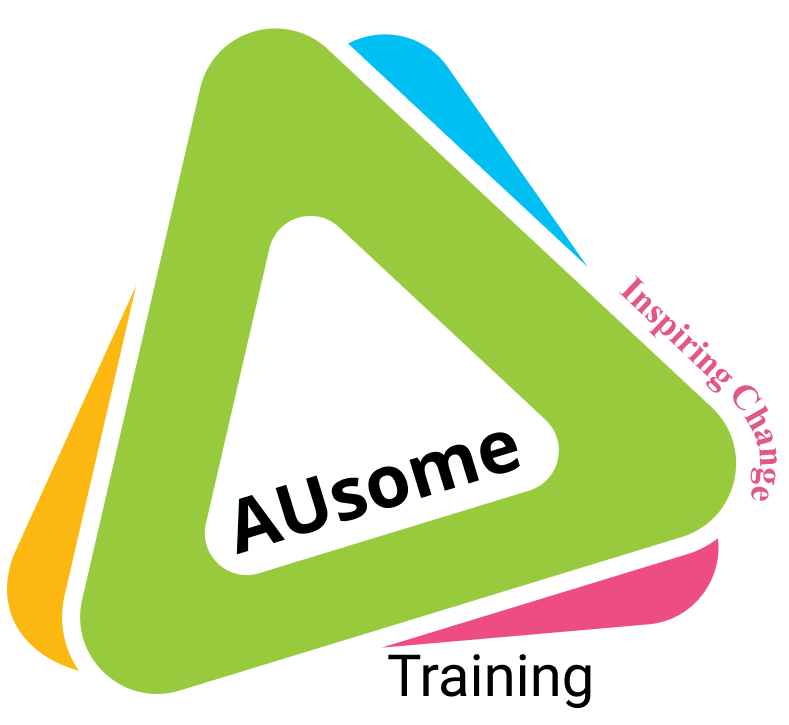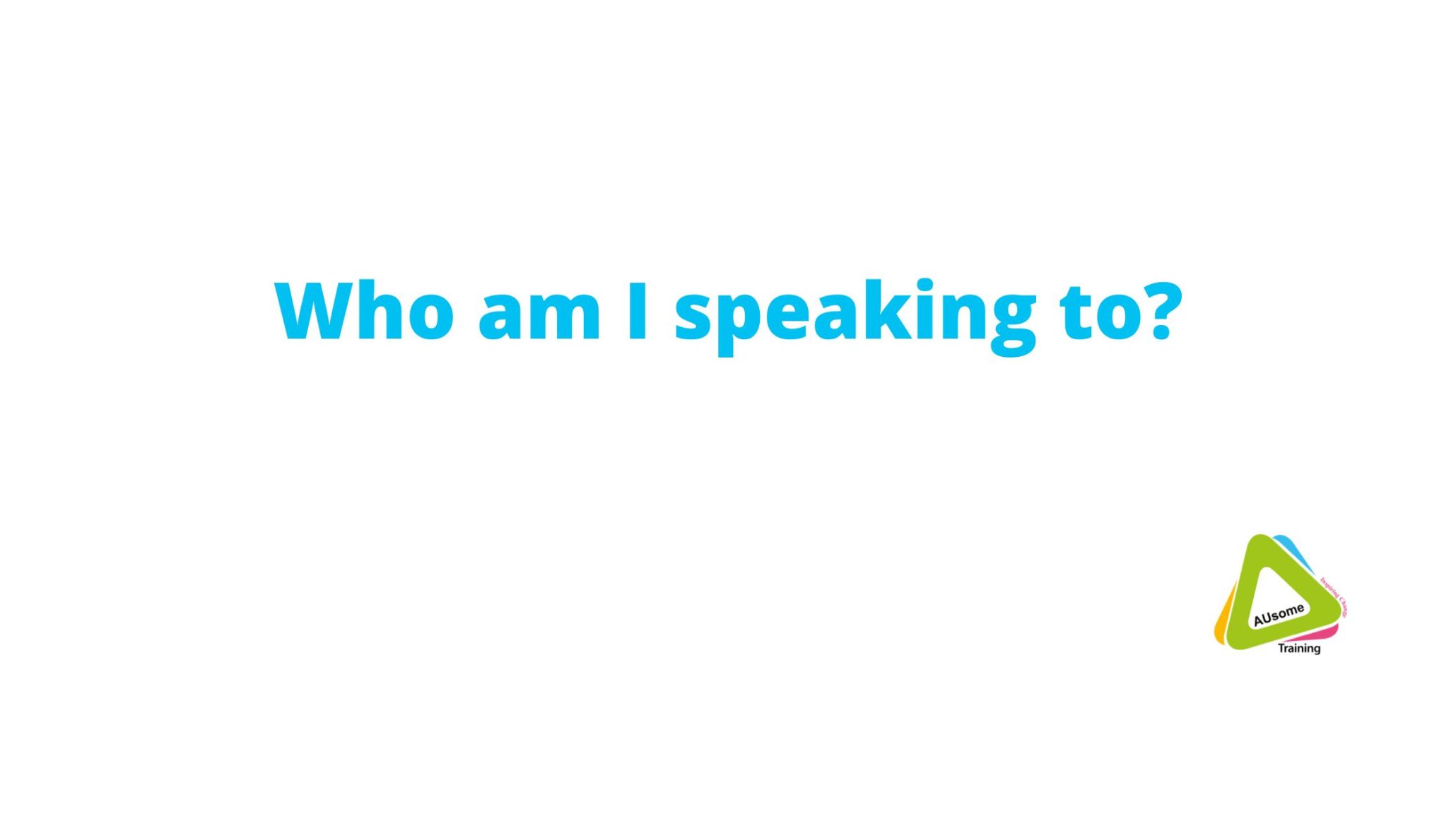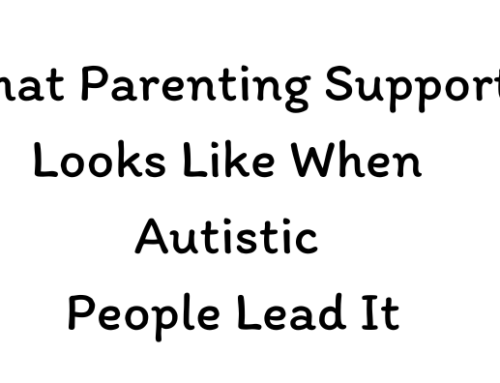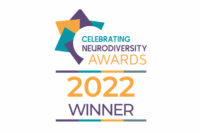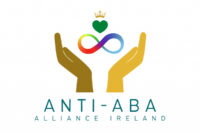Sometimes we’re communicating with the past rather than with each other.
Communication is complex. I find it fascinating and it’s one of my main areas of interest
How trauma impacts our communication and relationships is an interest within this interest
Sometimes we get triggered and we end up communicating with our past experiences rather than with each other.
An example of this is when someone’s facial expression makes us feel uneasy.
Their facial expression makes us feel threatened
We respond defensively because we feel unsafe
The other person responds to our defensive response defensively
In this instance the two people are really communicating with each other at all but with past events from their separate lives
The person who interpreted the facial expression as threatening based that interpretation on their past experiences- that’s how humans ‘read’ facial expressions- we notice a facial movement and our brains try to predict how that person feels based on our own previous experiences. We guess. We guess right only 30% of the time.
So the communication partner’s intense stare (because they were very interested in engaging with the other person) was misinterpreted as a threatening scowl because this facial expression reminded the other person of a cross adult who was not very nice to them as a child.
They got triggered and responded to the trigger rather than the person who was in front of them
They communicated their defensiveness from fight mode
This in turn triggered the other person who interpreted this defensiveness as a threat because their parent used to behave like this a lot
So neither of them is communicating with the other really- and what could’ve been a beautiful human connection was doomed before it began
How meat times have we come away from an interaction talking about how rude or awful the other person was when we were basing all of this on past experiences? ( and this is not meant in a gaslighty way when you really do sense bad vibes from someone)
Another example is where a couple breaks up because person A feels threatened by conflict , it triggers their childhood insecurities and the only way they know to feel safe again is to flee the situation- ‘I leave before they really hurt me’
Person B just wanted to discuss where their relationship was going and really wanted to work things out.
A third example is where one rejection sensitive friend tells another rejection sensitive friend that they have to cancel their trip to the cinema.
The friend receiving this news is triggered by the perceived rejection and then doesn’t reply and ghosts the other person because they are so hurt.
This ghosting then triggers the friend’s RSD response and throws them into a period of despair and self loathing which now impacts how they come to meet everyone else in their life during this time
These interactions then impact how those other people come to meet the other people in their lives and the trauma cycle and ripple effect grows and grows
Step 1 in working on communication is becoming self aware so we can identify when we’re triggered
This is why teaching ‘social skills’ is so pointless- it’s just teaching performance skills – performing in a contrived, fake way that people don’t really communicate in anyway
There are no universal social skills
How can we ‘read’ social cues and social situations with so much trauma in our world?
How can we come to meet each other with open hearts when there is so much judgement in our society?
How can we come to meet each other honestly when our world is built on lies?
How can we collaborate with each other when our false society encourages us to compete and celebrate the failures of others by calling it our success?
How can we come to be self aware when so many of us go through life asleep?
How can we remove judgement and compliance based ‘social skills’ and come to meet each other with connectivity and oneness when ‘social rules’ instruct us not to trust one another?
Connecting is an innately human thing we do – not a “skill”
If this is the sort of lens you’d like to look at social communication then do check out our Get Konnected Course– it’s the way forward
